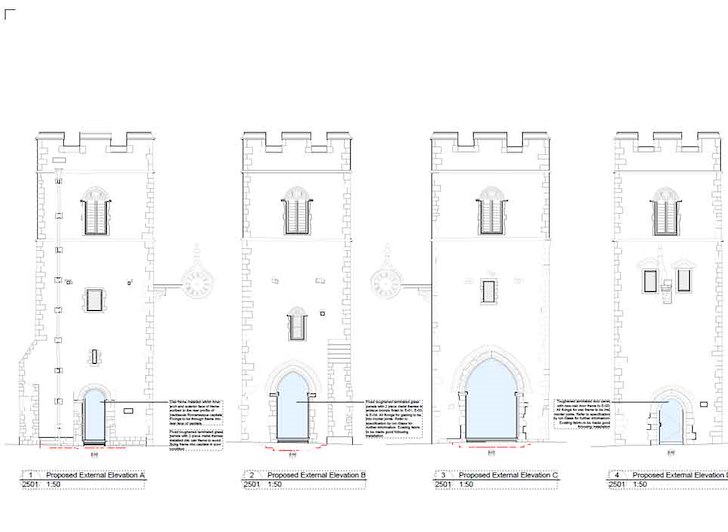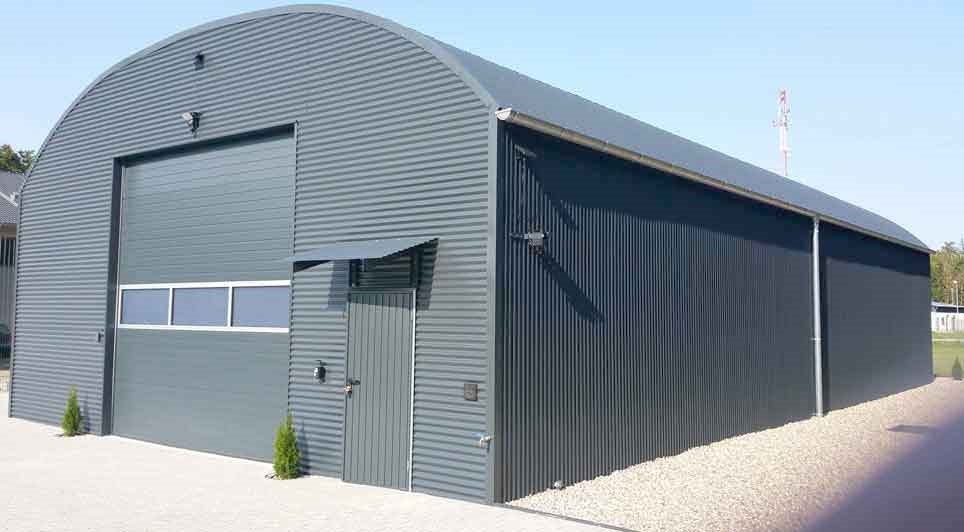Willmott Dixon is rolling out a new harness-based technology on its construction projects to provide an even safer working environment for everyone using a boom type mobile elevating work platform (MEWP).
Incidents involving MEWPs, mast climbing work platforms and hoists continue to occur on construction sites each year, with The IPAF Global Safety Report 2023 saying there were 759 reports in 2022 from 34 countries, which saw 831 people involved in incidents, resulting in 102 deaths. Falls from a mobile platform remain the most common cause of incidents resulting in major injury or death.
The 2021 version of the same report said that of the 132 fatalities using MEWPs, mast climbing work platforms and hoists, 35 per cent involved not wearing a harness. In the ‘3b/1b’ MEWP categories, falls from height were responsible for over 55% of major or fatal injuries.
To tackle this as part of its safe working at height strategy for mobile platform operators, Willmott Dixon has teamed up with Nationwide Platforms, who have developed a system called Harness ON™.
This system works by requiring anyone operating a ‘3b’ Boom type MEWP to wear a full body harness with a lanyard that connects to a specific intelligent anchor point within the MEWP's basket.
The Harness ON™ system prevents the MEWP basket controls from operating unless the operator’s harness lanyard is correctly attached to the anchor point.
Harness ON™ is now mandatory, meaning that only '3b' MEWPs with the new system installed can operate on a Willmott Dixon project. This is to reduce to zero the chance that an operator using a MEWP could fall to the ground because they have not connected their harness correctly. Importantly, this device doesn’t affect any ground or emergency lowering controls.
 UK
UK Ireland
Ireland Scotland
Scotland London
London






















